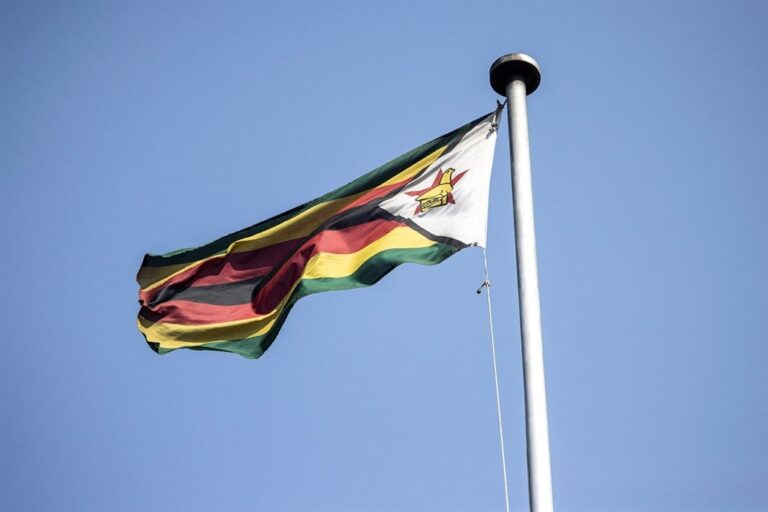Last year, Zimbabwe was rocked by a carbon credit scandal in Kariba worth more than R1.9 billion. (JOHN WESSELS / AFP)
- Zimbabwe plans to have a carbon credit trading system in place by the end of the year.
- The government will account for 30% of carbon credit revenues for the first ten years of all projects – not to mention what investors have to put into communities.
- One potential carbon credit business is worth R28.5 billion.
Zimbabwe is putting the pieces in place for an ambitious leap into international carbon credit trading – this time with guaranteed accountability.
Last year the country was rocked by a carbon credit scandal in Kariba worth more than R1.9 billion, in which money from the likes of Volkswagen, Nestlé and Porsche was allegedly embezzled.
But the country was quick to set up the institutional, technical and legal arrangements for the trade Article 6 of the Paris Agreementsaid Minister of Environment, Climate and Nature Sithembiso Nyoni.
That includes a closely monitored carbon register and rules for measuring and verifying impacts.
A climate change management law would be passed before the end of the year, she said.
READ | African clean energy projects continue to attract foreign investors, but South Africa saw inflows fall 43% in 2023
Under Zimbabwe’s rules, 30% of carbon credit revenue goes to the state for the first ten years of each project. Developers must spend another quarter on community initiatives on climate change and adaptation.
Last year, the government announced it had received 13 proposals from international partners, ranging from regenerative agriculture to waste and energy efficiency, that would qualify for carbon credits.
There was “huge interest from existing project proponents and the international community in the opportunities Zimbabwe offers,” Nyoni said.
The Executive Chairman of the African Voluntary Carbon Credits Market Forum, Kwanele Hlabangana, said Zimbabwe’s move puts the country on a trajectory towards net zero target and sustainability targets.
The country’s largest potential carbon credit venture is a R28.5 billion joint venture with a Dubai-based company, Blue Carbon, which aims to protect and rehabilitate forests for carbon credits.
Blue Carbon signed a similar deal with Liberia in March last year.
The News24 Africa Desk is supported by the Hanns Seidel Foundation. The stories produced through the Africa Desk, and the opinions and statements that may be contained therein, do not reflect those of the Hanns Seidel Foundation.


